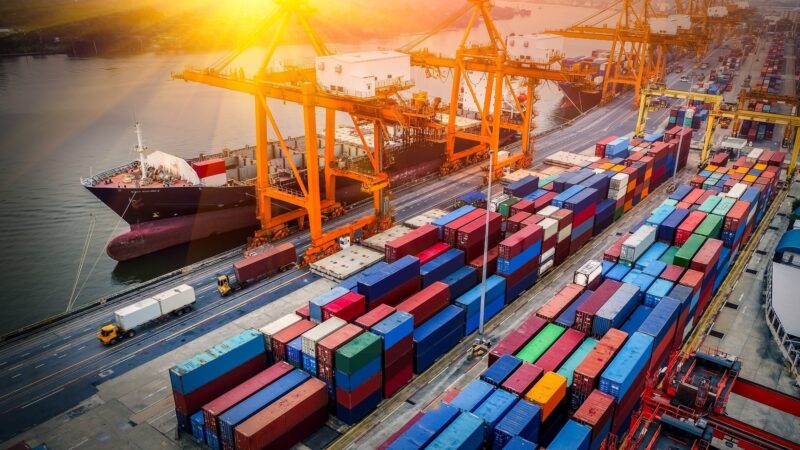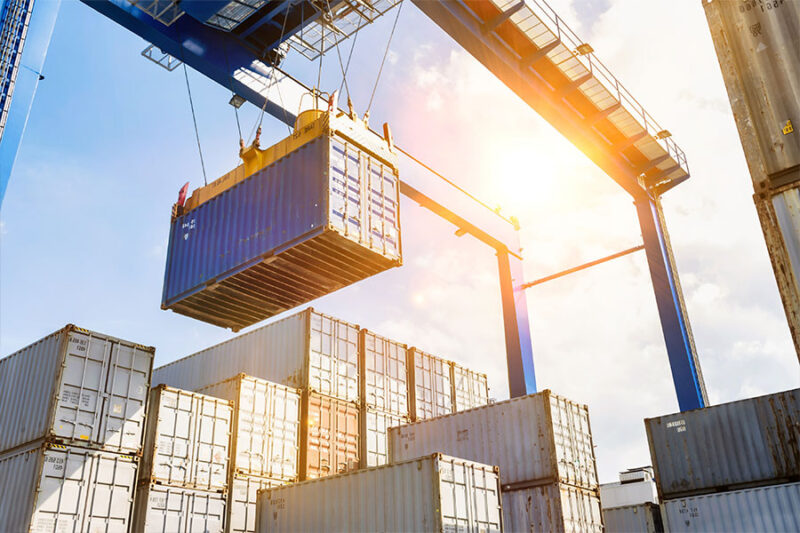In the intricate world of logistics management, understanding and managing costs is paramount. This is where the critical process of examining transportation invoices and contracts comes into play. It’s not merely about cost reduction; it’s about gaining a clear understanding of where your money is going and ensuring that you’re only paying for the services you actually receive. This practice is essential for any business looking to maintain a competitive edge, optimize operational efficiency, and boost its bottom line.
1. Unveiling Hidden Costs and Discrepancies

One of the primary reasons this scrutiny is indispensable lies in its ability to uncover discrepancies between what was agreed upon and what is actually billed. Errors are not uncommon in the complex calculations of shipping costs, which can include fuel surcharges, weight and dimension fees, and other accessorial charges. By meticulously reviewing each invoice, companies can identify overcharges, incorrect classifications, and other billing inaccuracies, leading to significant cost savings. Learn more about costs and discrepancies at https://ctglobal-freightaudit.com/.
2. Enhancing Contractual Compliance
Reviewing transportation invoices is not just about catching mistakes; it’s also a tool for ensuring that carriers adhere to the agreed-upon terms. This involves a thorough examination of service levels, delivery timelines, and other contractual obligations. It’s a way to hold service providers accountable, fostering a more transparent and trustworthy relationship between shippers and carriers.
3. Data-Driven Decision Making
In today’s data-centric world, the insights gained from this process are invaluable. By analyzing payment data, companies can identify trends, optimize shipping routes, and negotiate better terms with carriers. This wealth of information can inform strategic decisions, helping businesses to streamline their operations and reduce expenses in the long run.
4. Strengthening Vendor Relationships

While it might seem that closely examining invoices could strain relationships with carriers, it actually has the opposite effect when handled correctly. It encourages open communication and can lead to more collaborative problem-solving efforts. This environment of transparency and accountability leads to more robust partnerships, which are essential for smooth logistical operations.
5. Encouraging Organizational Efficiency
The process of scrutinizing transportation costs isn’t just beneficial externally; it also promotes internal efficiency. It necessitates a systematic approach to record-keeping and data management, pushing companies to adopt more organized and efficient systems. This can lead to broader organizational improvements, making the business leaner and more agile.
6. Implementing Technology for Better Management
In the realm of logistics, technology is a game-changer. Leveraging advanced software solutions for invoice verification and data analysis can significantly enhance the efficiency and accuracy of the process. Automated systems can flag discrepancies, forecast costs, and provide actionable insights, all of which contribute to more effective logistics management.
7. The Role of Regular Reviews
Consistency is key in this process. Regular and systematic reviews help businesses stay on top of their transportation expenses, catching issues early and avoiding the accumulation of overcharges. This routine also keeps carriers on their toes, knowing that their invoices will be subject to scrutiny.
8. Training and Expertise

Having a team with the right expertise is crucial. Understanding the nuances of shipping contracts and tariffs requires specialized knowledge. Investing in training for staff or partnering with experts can ensure that your business is well-equipped to manage this complex process effectively.
9. The Impact on Sustainability Efforts
In an era where sustainability is increasingly important, examining transportation practices has an added benefit. It can help identify opportunities to reduce the environmental impact of shipping operations, such as optimizing routes to lower fuel consumption. This not only contributes to cost savings but also aligns with the growing consumer demand for eco-friendly business practices.
10. Navigating Regulatory Compliance
With the logistics industry being subject to numerous regulations, ensuring compliance is another critical aspect of reviewing transportation expenses. This process can help businesses stay compliant with international shipping laws, customs regulations, and other legal requirements, avoiding costly penalties and legal issues.
11. Cultivating a Culture of Continuous Improvement

The practice of examining transportation invoices goes beyond mere cost-saving; it fosters a culture of continuous improvement within an organization. By regularly identifying areas for optimization, businesses can instill a mindset geared towards ongoing enhancement of processes and services. This culture not only benefits logistics management but also permeates the entire organization, encouraging innovation and excellence in all facets.
12. Enhancing Risk Management
Delving into the details of transportation invoices also plays a pivotal role in mitigating risks associated with logistics operations. By ensuring that billing is accurate and services are delivered as promised, companies can avoid potential disruptions and maintain the integrity of their supply chain. This proactive approach to risk management is crucial in today’s volatile market conditions, where even minor disruptions can have significant impacts.
13. Supporting Global Expansion
For businesses looking to expand globally, the scrutiny of transportation expenses is particularly crucial. It helps navigate the complexities of international shipping, including diverse regulations, tariffs, and cultural considerations. By gaining a deep understanding of these costs, companies can make informed decisions about global logistics strategies, ensuring successful and sustainable international growth.
14.Future-Proofing Your Logistics Strategy
Finally, in a rapidly changing global market, the insights gained from this process can help businesses adapt to evolving industry trends and consumer demands. It’s a way to future-proof your logistics strategy, ensuring that your operations remain efficient, cost-effective, and aligned with the broader goals of your business.
End Note
The meticulous examination of transportation costs is a cornerstone of effective logistics management, offering far more than just immediate financial savings. It lays the groundwork for a culture of continuous improvement, enhances risk management, and supports global expansion efforts. By incorporating additional practices such as fostering a culture of improvement, focusing on risk mitigation, and enabling global scalability, businesses can further solidify their logistics operations. Adopting this comprehensive approach ensures not only the optimization of current logistics practices but also prepares organizations for future challenges and opportunities in the dynamic global market.
Related Posts:
- Social Media Management Strategies for Building a…
- The Most Efficient Gold Farm in WoW - Strategies for…
- Why Are Blue Steel Knives So Expensive? the Mystique…
- How to Calculate Long-Term Disability Premium: Legal…
- How to Naturally Increase Fertility: Top Tips and Strategies
- 12 Tips for Calculating the Right Digital Marketing…






